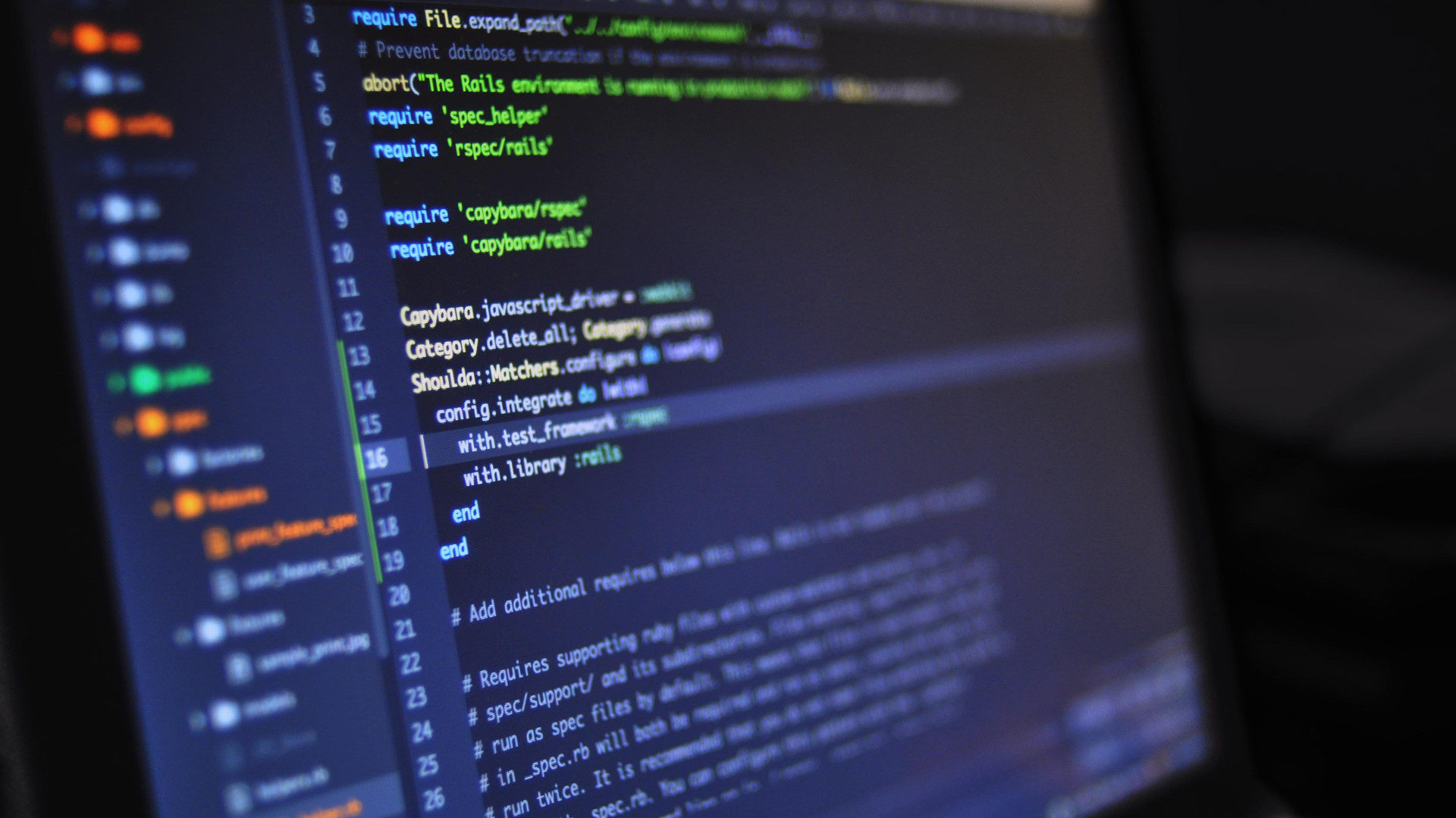Many times when I speak at conferences I talk about how each of us is now two people. There is first, the analog version of our self and now, with increasing emphasis and importance, our digital self that is leading more and more of an independent life without us.
The Analog Self
Every one of us still exists in the analog (non-digital) world. That self is the person who wakes up every day, brushes their teeth and ambles to work at some point. This analog self is un-curated. It exists in a messy state of reality where things can’t be edited, undone or re-worked to suit a specific need. More and more this analog self is being washed away and overcome by our digital shadow, or digital self that is far more interesting, witty, pithy and leads an exciting life of adventure. Increasingly the main preoccupation of the analog self is to continually curate and care for our digital self. The digital self represents a new type of existence where distance, boundaries and language can be overcome to create new communities of interest and friendship.
In fact, the nature of friendship and the past is now completely different in the digital world. All of our past utterances, viewpoints and statements are preserved. Increasingly there is little room to evolve as a person, forget your past, create a new life, or move forward as our analog self could do ten or twenty years ago. Friendships, good, bad or indifferent, now last forever and tend to have various levels of intimacy/proximity. One study I read indicated that most ‘likes’ and comments on posts are generally from ‘friends’ that are several circles away from being what is classically considered ‘close.’ In conversations I’ve had with Facebook they say they can predict with ease who is your ‘enemy’ or doesn’t like you by examining trees of connectivity, a feature which would never be created or released.
Today, we’re held accountable for every twitch, like, dislike or comment that is made for all time. Privacy is non-existent for the digital self and increasingly less so for the analog version as well.
The Digital Life
More and more of our existence is spent on-line in almost every fashion. With social media, apps, geo-location services, texts, and other full-media immersion our digital self continues to grow and become more complicated which results in the need for more maintenance. One of the things that mobile phones and Facebook have done is upend typical social interactions. I no longer go to out to dinner with my partner on the fly. We must look at OpenTable, read Yelp reviews, get suggestions and once at dinner we’re actually at dinner with roughly 500 people in our extended social network. It is typical to socially pause a conversation and take pictures of food, answer texts, post a witty bon-
mot on Facebook and interact, at a distance with many people at once. This increases our distant social interaction at the expense of real-time experience and has created a shared-experience world. This shift in shared experience will only continue to evolve and grow more pervasive.
Today, experience doesn’t count if it’s not documented and shared in near real-time with social media outlets. Exercise doesn’t count if it’s not calculated on my fitbit. In fact, we’re starting to see a cultural shift in the definition of what constitutes a personal experience and in the future there will probably be support groups, as there are today, to help people give up shared digital experience for short periods of time and have a private adventure.
But for now our ‘digital pauses’ during social concourse have created a moment where we must check in with our digital selves and create content that entertains others. For our future, this means we’ll all become adept at being mini multi-media hubs spinning out information on a constant basis.
Anonymity and the Digital Self
Many people think that they can simply not ‘exist’ in the digital world and that would provide them some modicum of anonymity and privacy. This isn’t true, and increasingly difficult to achieve in the modern world. The lack of participation by an individual is a clear indicator of who they are, their demographics, and their absence is keenly felt, and duly noted. By doing analytics on social media is easy to tell if someone’s father, mother, sibling etc, is not a member of that nation. Their lack of ‘existence’ is glaring in fact. If you’re not on LinkedIn, without people vouching for you, writing reviews of your performance or illustrating the depth, breadth and diversity of your network, it’ll be next to impossible to get a job in the future.
I think that we need to start a national dialog on what constitutes privacy since it’s changed so rapidly. For many companies, they use data as a currency to create value for their companies and keep services ‘free.’ We now knowingly, or perhaps unwittingly, trade information about ourselves in order to receive goods and services. The realization that information about you is viewed as currency indicates a new trend in the market and more companies will try to keep information about you legally discoverable as again, it creates the basis for their business model.
Overall, no one can truly be anonymous any longer and privacy is quickly eroding. People will continue to ‘sell’ their data for convenience and for the value that ‘participation’ brings in the digital age.
Final Analysis
Every person must now face the simple truth that two of you exist- one analog and one digital. It is now the responsibility of the analog version to grow and care for your digital self if you’re going to be a full participating member of society. I always encourage everyone in my talks to make sure they are actively managing their digital self and ensure its security otherwise someone else may manage it for you.


